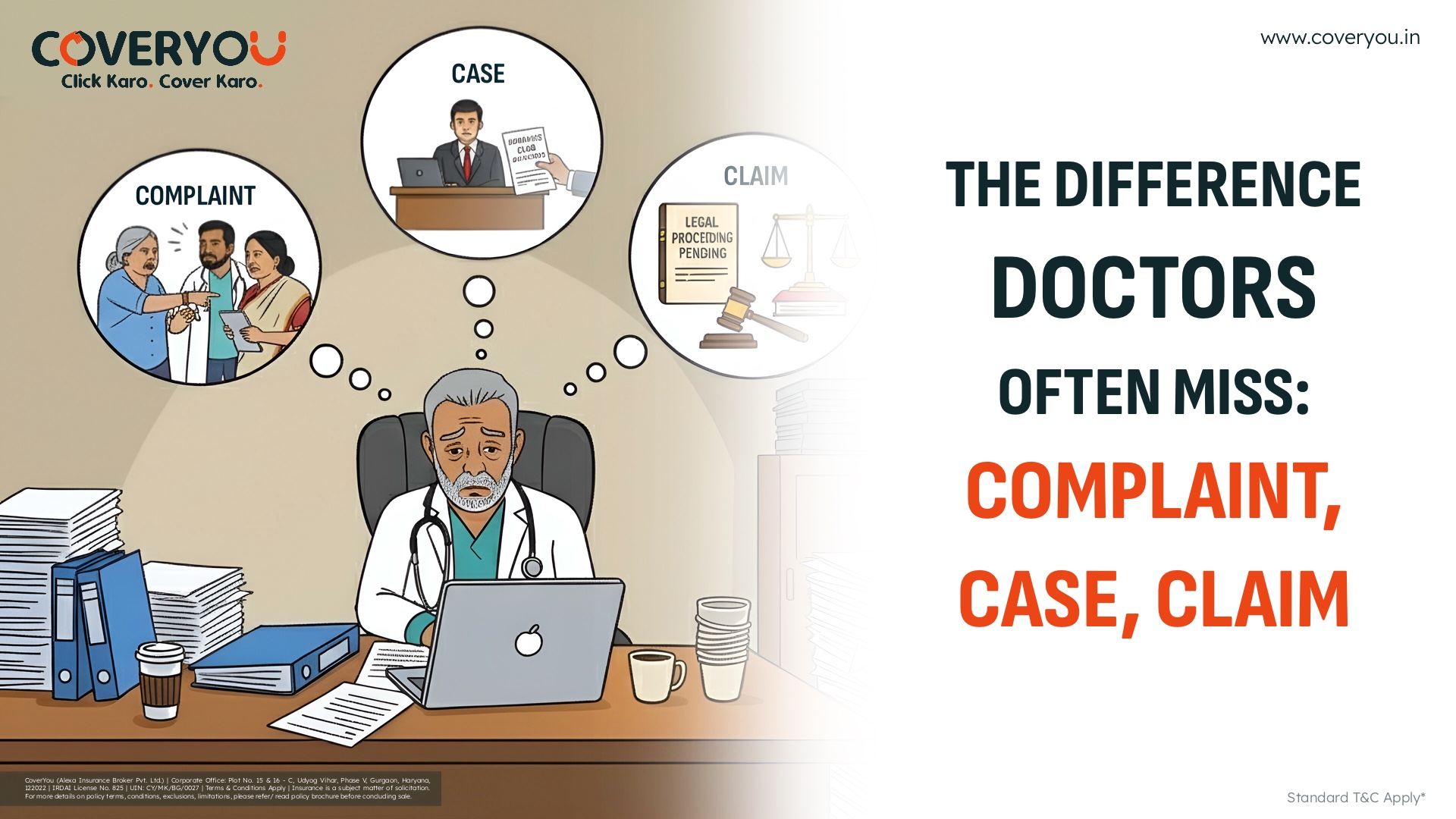In a hyperconnected world, your online reputation is crucial. Online reputation is the sum of all information available about you on the internet. It includes your social media profiles, reviews, articles, and more. For doctors, this reputation directly impacts patient trust and professional credibility. A strong online reputation can lead to more patient referrals and career growth. It is vital to understand and manage this digital image actively.
1. Build a Strong Online Profile
Create profiles on trusted platforms. Use professional photos and accurate details. Keep your bio clear and concise. Update your credentials and achievements. A strong profile helps patients find you easily. It builds trust and sets the tone for your online presence.
2. Monitor Your Digital Footprint
Regularly check search results for your name. Use tools like Google Alerts to track mentions. Monitoring helps you spot errors or false information early. It also lets you know what patients see. Take corrective action if needed. Stay proactive in managing your digital image.
3. Engage Professionally on Social Media
Post informative content. Share articles and updates relevant to your field. Use simple, clear language. Engage in conversations without oversharing personal details. Maintain a respectful tone even during disagreements. Professional engagement enhances your reputation and builds credibility.
4. Use Online Reputation Management Tools
Invest in reputation management tools. These tools help track reviews and social media mentions. They offer insights into public perception. Use them to plan your online strategy. They can alert you to any negative trends. This proactive approach ensures you stay in control.
5. Respond Promptly to Negative Feedback
When you see negative comments, respond quickly. Acknowledge the issue and offer a solution. Do not get defensive. Use calm, clear language to explain your perspective. A thoughtful response can turn a negative review into a positive experience. This shows you care about your patients and their feedback.
6. Update Your Website Regularly
Keep your professional website updated. Add new achievements and publications. Post recent patient testimonials if possible. An updated website reflects active professional life. It reassures patients that you are current in your practice.
7. Leverage Professional Networks
Join online medical forums and groups. Share knowledge and learn from peers. Networking builds your professional brand. It can lead to collaborations and referrals. Being active in professional networks boosts your online image.
8. Educate Patients on Your Expertise
Write blogs, record videos, or host webinars. Share simple medical advice and updates. Educating patients positions you as a trusted expert. It also improves your online visibility. Patients appreciate clear and reliable information.
Conclusion
Protecting your online reputation is not a one-time task. It is an ongoing effort that requires attention and care. For doctors, managing this reputation is vital for maintaining trust and credibility. By building a strong profile, monitoring your digital footprint, engaging professionally, using management tools, and responding to feedback, you can safeguard your reputation in a hyperconnected world. Stay active and vigilant, and let your expertise shine through every digital interaction.
Read More – TOP BUSINESS SKILLS EVERY DOCTOR NEEDS TO MASTER FOR PRACTICE SUCCESS
















